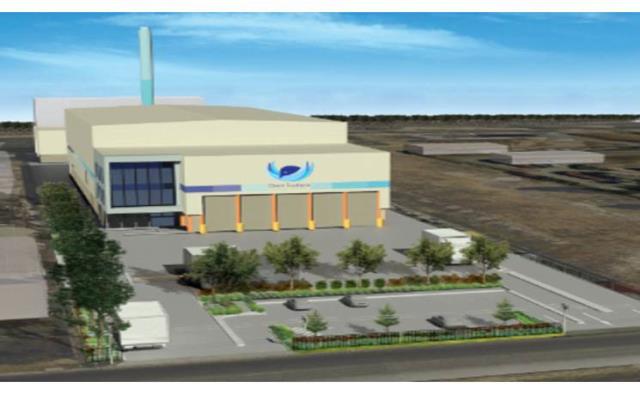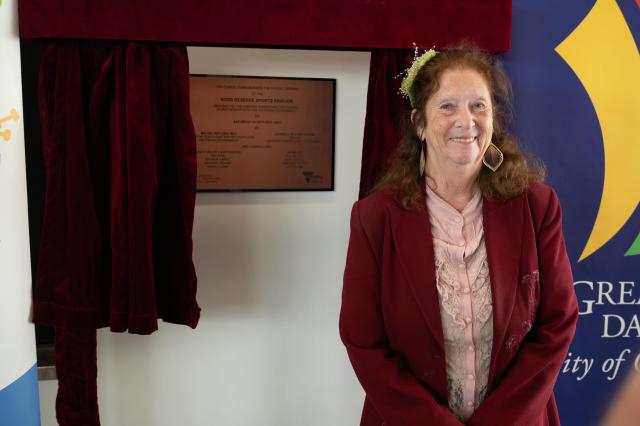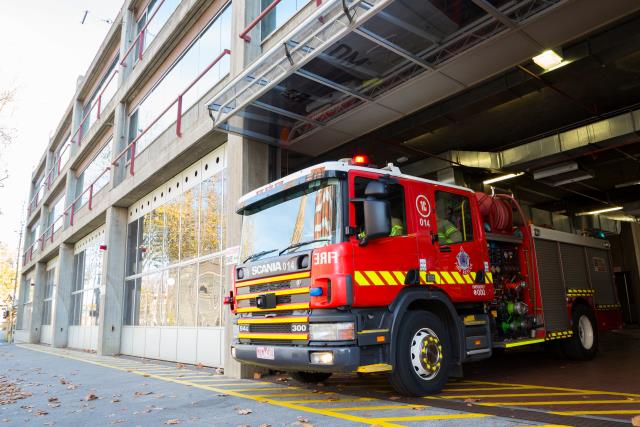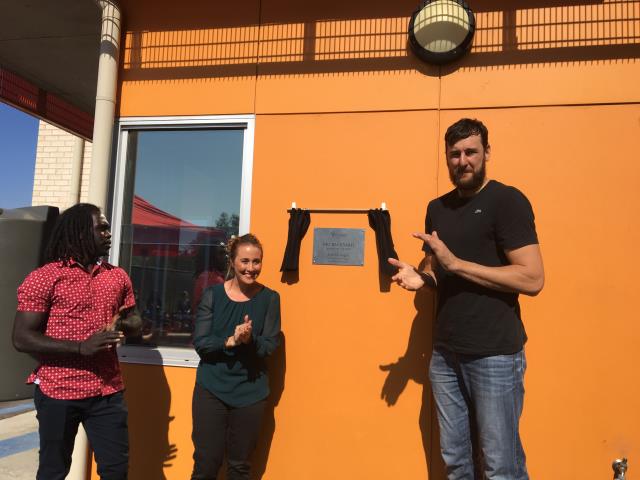Casey Council remains confident in a waste-to-energy project in the South East, despite a recent exodus of stakeholder councils.
Just seven of 15 councils who were part of the South East Metropolitan Advanced Waste Processing Pty Ltd consortium have signed up to the project.
They are Casey, Shire of Cardinia, Bayside, Kingston, Knox, Whitehorse and Yarra Ranges Shire.
Casey sustainability and waste manager Michael Jansen said the project would put household waste to “productive use” and provide an “alternative to sending waste to landfill.”
“Landfills in south east Melbourne are filling up and no more are planned to be built.
“Alongside waste avoidance, recycling, and separating food and green waste for composting, advanced waste processing is a smarter solution for household rubbish than burying it in the ground.”
However, eight councils, including Greater Dandenong, have deferred or withdrawn from the project, refusing to be bound to supply a minimum waste tonnage over 25 years.
Concerns about significant financial risk and liability, gate fee costs, and the impact on the environment and human health have also been raised.
Greater Dandenong councillor Rhonda Garad described the project as a “white elephant” like the state’s desal plant.
Casey, like many of the councils, made its sign up decision in a closed council meeting.
Mr Janson said the council report on 15 February was confidential due to “probity and commercial in confidence considerations”.
The minimum tonnage estimates were required to “provide certainty for financing the project and confidence in appropriately sizing the facility,” he said.
“Casey remains confident that the procurement will achieve the desired financial, environmental and social outcomes.
“Advanced waste processing facilities are being used safely and reliably around the world, including in the United Kingdom, Europe, Asia and North America.
“They are a legitimate component of a circular economy, achieve emissions reduction compared to landfill and represent an overdue step change for waste management in Victoria.”
Mr Jansen said any advanced waste facility would have real-time emission monitoring, regular inspections and regulation under the Environment Protection Authority Victoria (EPA).
“Any facility will need to be in appropriately zoned industrial land, meet local planning requirements, and have a safety distance around the facility to minimise impacts on communities, the environment and public health.”
In response to whether the project was still viable, Mr Jansen said “it was always anticipated that some councils would not proceed through to the awarding of the tender”.
“Advanced waste processing solutions have great potential as part of a total approach to managing the rubbish we produce.”







